Internal Family Systems – BESSEL A VAN DER KOLK (Online Course)
Description:
Hailed by Dr. Bessel van der Kolk, author of the New York Times best-selling book The Body Keeps the Score, Internal Family Systems is the go-to treatment method that all clinicians should know.
Using a non-pathologizing, accelerated approach rooted in neuroscience, Internal Family Systems gives you an effective, evidence-based treatment plan to help all of your clients experience deep healing.
One of the most popular and effective treatment techniques used by mental health professionals today, thousands of clinicians already trust Internal Family Systems in their work to help clients struggling with anxiety, depression, trauma, addiction, and other mental health conditions.
Join your peers and help change your clients’ lives by signing up today. Upon completion, you will understand how IFS:
-
- Helps clients find safe ways to connect to early childhood emotions as they feel grounded in their true self
-
- Aligns the therapist with the innate wisdom of each and every client — cultivating compassion
-
- Views the multiplicity of the mind as normal; every part has a positive intention and every part has value
-
- Transforms negative beliefs to help clients achieve lasting change in their lives
- Offers unique, clarifying, and empowering methods to address common clinical concerns
- Comprehensive, compassionate, non-pathologizing treatment approach
- Paradigm-shifting perspective on “psychopathology”
- Easily integrated into other therapeutic modalities
- Teach clients to access inner wisdom and self-compassion to help clients heal traumatic wounds
- Development of the IFS model by Richard C. Schwartz, Ph.D.
- IFS as an empirically validated treatment: Summary of research support
- Goals of IFS therapy
- Starting an IFS session and the flow of the model
- The mind and the brain
- Neurons-networks and parts
- Meditation and self-energy
- Understanding the fear response
- Differentiate the person from the symptom
- Access a state of compassion and curiosity essential for healing
- Establish a relationship with the target part
- Learn the history and benevolent intention behind the symptom
- Facilitate internal attachment work
- Learn to address the fears/concerns of protective parts
- Establish a trusting relationship with proactive and reactive parts
- Resolve internal conflicts
- Gain permission to proceed with healing
- Connect with the wounded part
- Witness the pain rather than relive it
- Retrieve the wounded part
- Release/unburden thoughts, feelings, and physical sensations
- Life without the wound, the post-healing process
- Countertransference redefined
- Identifying parts that get in the way
- The Science of extreme reactions in therapists and clients
- Roadblocks to healing trauma
- Neurobiology of PTSD and Dissociation
- Dealing with the extreme symptoms and staying in Self
- Healing attachment wounds: What IFS offers
- Differentiating feelings from symptoms
- Address the biology and process the wound
- Protection or genetics
- Addressing psychotic parts
- Differentiating psychosis from trauma dysregulation
- Treating biological issues while addressing emotional pain
- Befriending addictive parts
- Healing wounds or stopping use?
- Addressing the biology and the behavior after healing
- When food “abstinence” is not an option
- Multiple eating parts
- Self-led eating
- The shamer and the shamed
- Critical and neglect shame cycles
- Loss, letting go, and healing
- Children and adolescents
- Parenting
- Couples
- Groups and inpatient settings
- LGBTQ
- Spirituality and culture
NLP online course
So what is NLP?
Firstly, NLP stands for Neuro-Linguistic Programming. Secondly neuro refers to your neurology;
Thirdly linguistic refers to language however, programming refers to how that neural language functions.
As a result,In other words, learning NLP is like learning the language of your own mind!
Moreover, NLP is the study of excellent communication–both with yourself, and with others.
It was developed by modeling excellent communicators and therapists who got results with their clients.
NLP is a set of tools and techniques, but it is so much more than that.
In conclusion, It is an attitude and a methodology of knowing how to achieve your goals and get results.
Preview Information:
Original Page
Archive Page


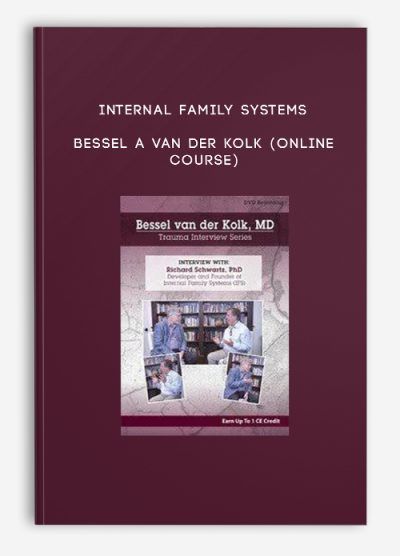
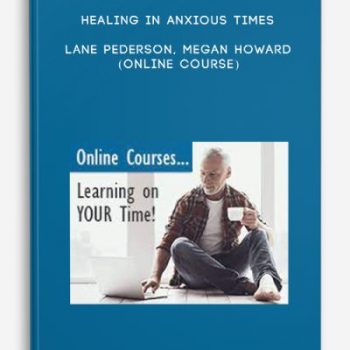

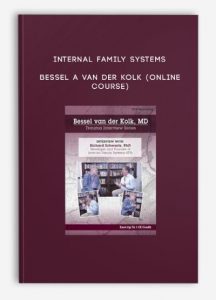


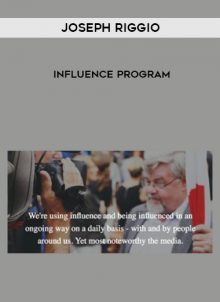



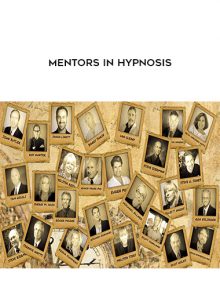
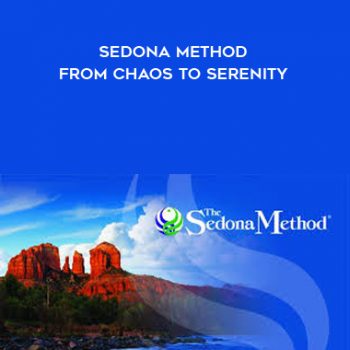
Lord –
This is Digital Download service, the course is available at Vincourse.com and Email download delivery.